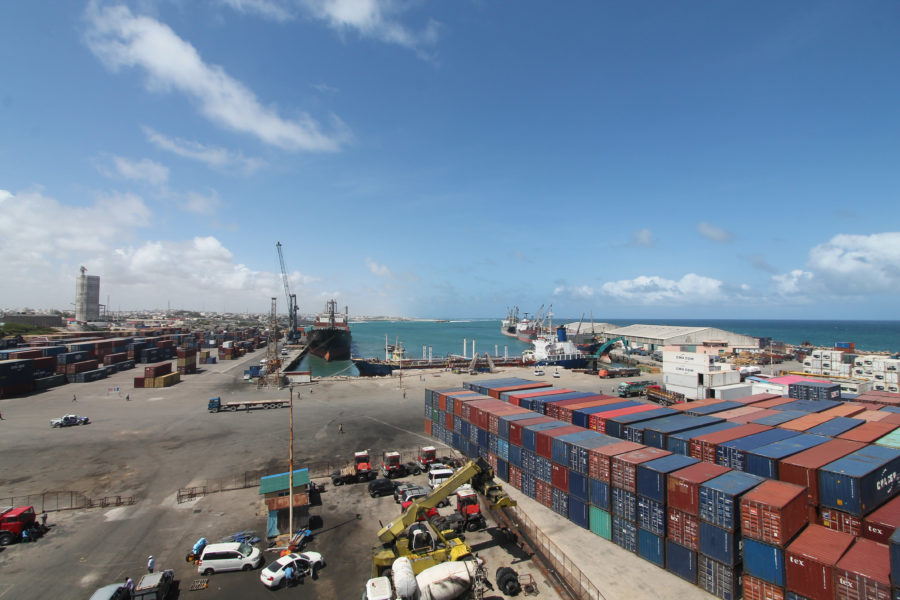Use London conference to boost direct donor financing, FGC advises government


The government should capitalize on the upcoming London conference to mobilise increased direct government financing from the international community, a multi-sectoral financial governance body has advised.
In its first financial governance report this past week since formation in 2014, the Financial Governance Committee (FGC) has called for increased direct donor government financing warning lack of donor financing could derail the state stabilization gains and frustrate debt relief efforts.
“Given its fiscal constraints, FGS (Federal Government of Somalia) needs increased access to external financing in order to consolidate the process of state-building, finance service delivery, promote federalism and be seen to deliver tangible benefits to its people. In the absence of additional financing to FGS, early stabilization gains are likely to be jeopardized,” the report says.
London conference
The FGC recommends that the Farmaajo administration uses the upcoming London conference as an opportunity to make the case to the international community of the benefits of increasing direct government financing, and the risks of not doing so, including the risk of undermining the state-building efforts they have invested so much in to date, the report adds.
The FGC is a multi-sectoral financial governance body chaired by the Finance Minister and draws membership from the Central Bank of Somalia and Offices of the President and Prime Minister. The FGC also has four international members, who sit as delegates on behalf of the International Monetary Fund, the World Bank, the African Development Bank and donor partners.
Aid flows
The committee notes the government should set a more ambitious target beyond the current 15% direct donor funding given the government’s state building needs. The absorption capacity is at 10%, the report notes.
Somalia has received an overall aid flow which include humanitarian aid, peacekeeping and development assistance to the tune of $5.4 billion over the past three years, the report notes, adding total direct flows to the Federal government have amounted to $158 million or just 3% of the aid flows to Somalia.
Ninety per cent of these funds have been disbursed through non-government systems owing to fiduciary and political risks to be associated with direct financing to the government. The report also notes that just over a third of this support ($1.9bn) has been for development assistance.
Fiduciary risks
But to secure increased direct funding, FGC says the government must build donor confidence and trust and set out clear priorities. Progress in setting common goals, targets and milestones in a number of documents including the National Development Plan, sector strategies and the Public Financial Management Action Plan is a positive indicator, FGC says but more work needs to be done between the government and partners to identify and overcome a number of implementation challenges.
Blended financing
The report also proposes the Federal government adopts blended financing to use donor funds to leverage on private sector financing for infrastructure and other development. Blended financing leverages on the mixing of both public and private funds through a common investment scheme or deal with a complementarity in expertise.
Noting that blended financing can create substantial developmental impact especially on infrastructure and the productive sectors, the FGC warns ‘the government needs to be confident that investments from donors that are pursuing blended finance options can meet adequate levels of transparency and accountability.’
The London conference which is slated for May 11 and co-hosted by Somalia will bring together international stakeholders to develop a post New Deal blue print. The conference will be headlined by four thematic areas namely, Security, political reform and governance, economic development and New Partnership Agreement.